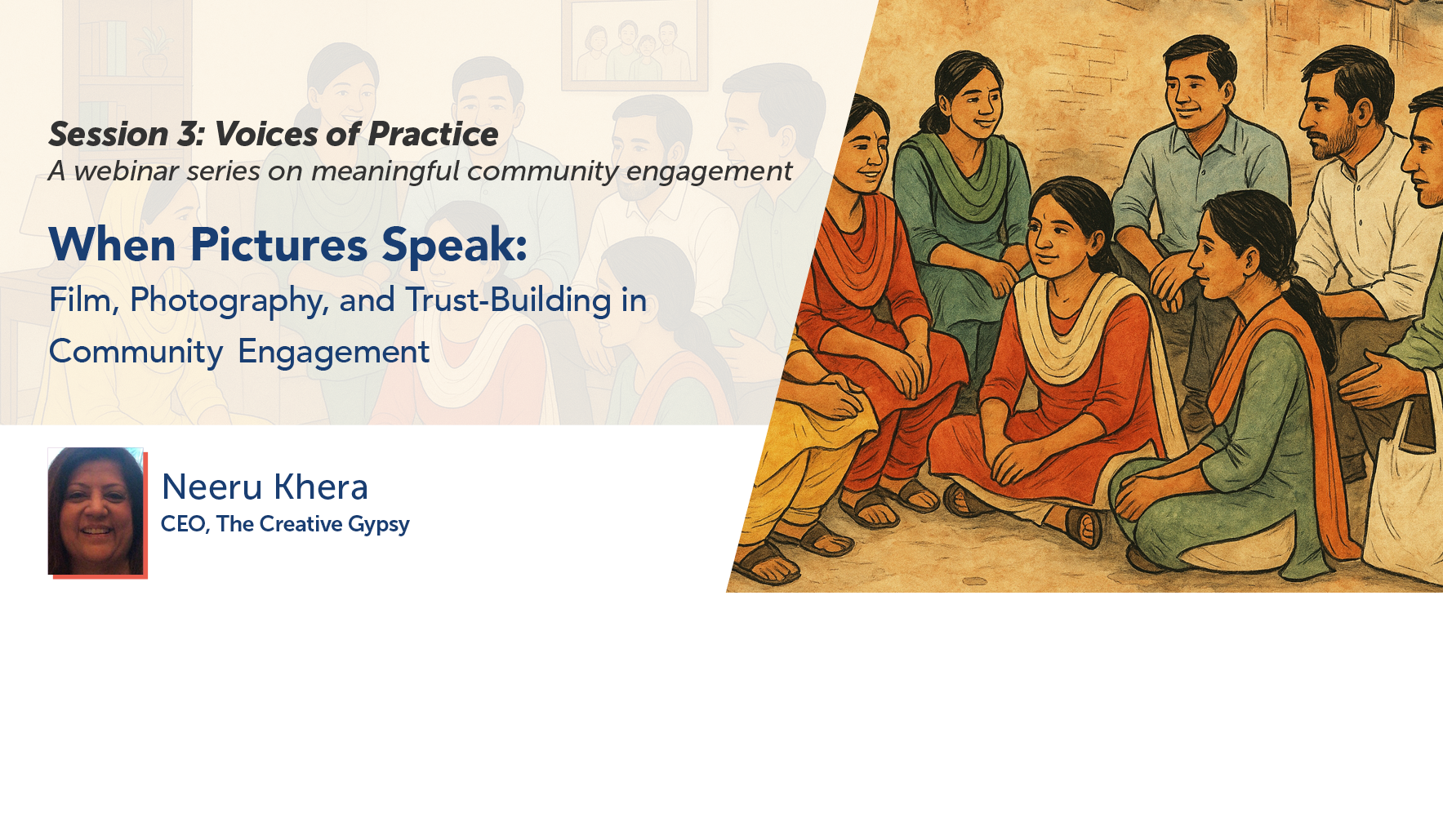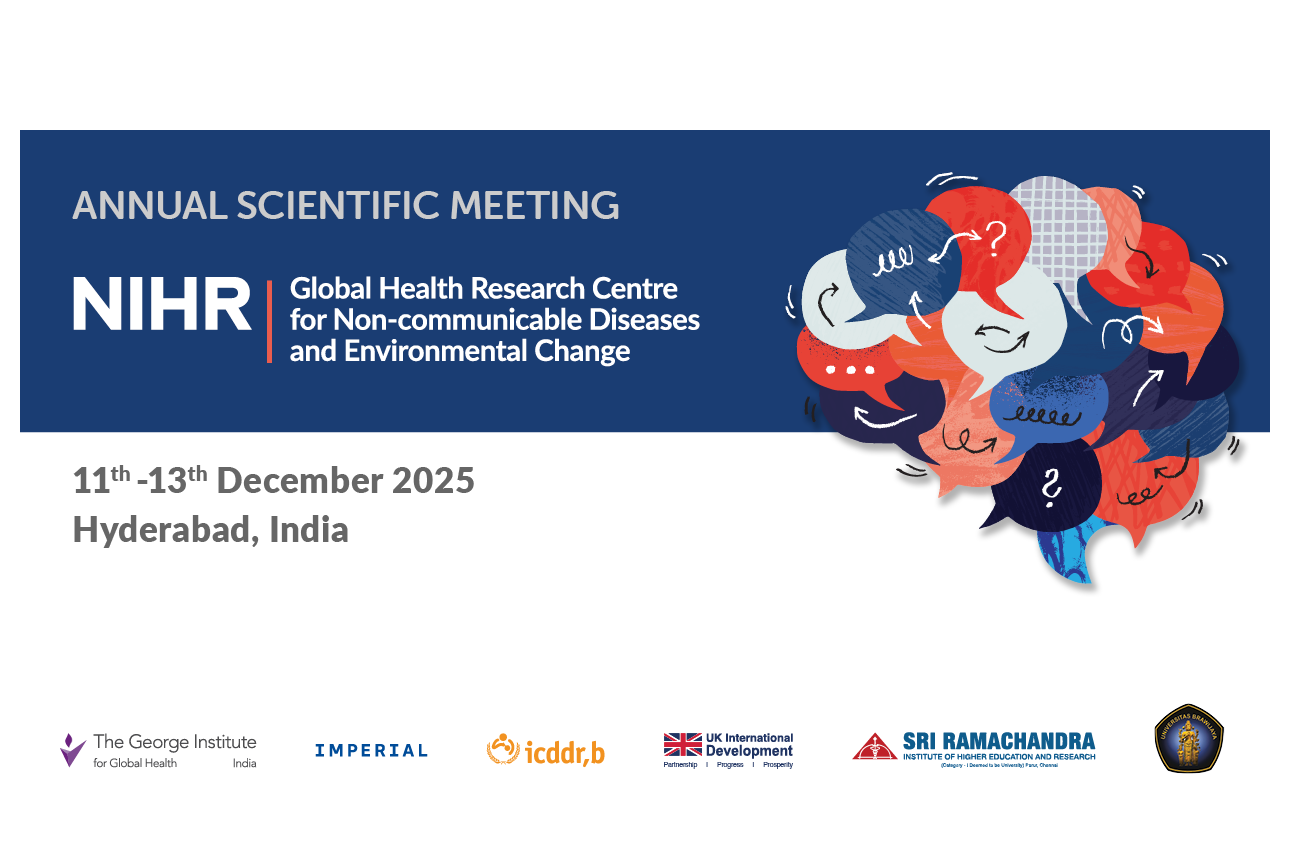Allow me to tell you about my mentor, Dr. Vidhya Venugopal — not the formidable expert and leading researcher of global renown, the real person who changed the trajectory of my research through authentic, sometimes messy, but always effective guidance.
The Not-So-Perfect Beginning
Ten years ago, when I knocked on her office door, Dr. Vidhya was deeply engrossed on her laptop. Frantically typing an email, she barely glanced up from her screen, yet her first question struck me like a bolt: “What is your ambition, and I see you’re newly married?” It wasn’t the warm welcome I had envisioned, but in hindsight, her straightforward approach felt invigorating—she valued my time enough to bypass the pleasantries and dive right into what truly mattered. “I aspire to pursue a PhD without compromising my private life” I stated.
Instead of offering the routine motivational speech, she took a moment to reflect in silence. After a few thoughtful minutes, she nodded and said, “Fair enough. Let’s begin with a short-term project and see how it unfolds.”
The Mentoring Style That Worked
Dr. Vidhya’s approach was refreshingly realistic. Our daily meetings often felt like high-stakes interrogations, each one pushing me to my limits. She would challenge me with incisive questions such as, “What did you find today?” “Why won’t that methodology work?” “Have you considered this angle?”
There were times I’d leave more confused than when I had entered the conversation. She’d answer my questions with more questions, compelling me to dig deeper when all I wanted was a simple yes or no.
Admittedly, there were moments when I felt a bit picked on. She’d be patient and encouraging with other students, then turn to me with a probing question that felt particularly daunting. It took me a while to realise that her tougher approach towards me and her rigorous questions were a compliment – she believed that I could rise to meet her high expectations.
Years later, when we’d become comfortable enough to laugh about it, she’d tease me: “Remember when you used to look like a deer in headlights every time I asked a simple question?” I’d fire back, “Simple? You turned every coffee break into a doctoral defence!” But it worked.
Because she trusted me to figure things out, she didn’t view me as incapable; instead, she recognized my potential and had intuited that I simply needed training to harness it.

Image curated during teaching activities at Sri Ramachandra Institute of Higher Education and Research (SRIHER)
The Uncomfortable Truths
Dr. Vidhya’s encouragement was never disingenuous. When my first draft was terrible (and let’s be honest, it really was), she didn’t sugarcoat her feedback: “This section needs complete rethinking. Start over.” I remember staring at the red ink covering my pages, feeling like I’d just failed a major exam.
She pushed me to take risks before I felt ready. Her response to opportunities was almost always, “You’ll figure it out as you go.” No preparation tips, no pep talks – just an expectation that I would and could rise to the occasion.
Was it scary? Absolutely. I’d lie awake before presentations, wondering what I’d gotten myself into. Was it effective? Without question. Those sink-or-swim moments taught me more about resilience than any gentle encouragement could have.
What Makes Her Different
Here’s what separated my mentor from other mentors I encountered:
She didn’t try to clone herself. While she guided me through her research domain, she never insisted I follow her exact path. When I showed interest in different aspects of the work, she adapted rather than redirecting me back to her preferences.
She viewed mentoring as a form of teaching, rather than therapy. Acutely aware of the fact that the goal of teaching isn’t to win a popularity contest, but to equip one’s students with formidable skills that will serve them in the long run. Her focus was not on boosting my confidence or validating my feelings; rather, she was dedicated to honing my research skills. The confidence came naturally as a byproduct of my growing competence.
She was strategically hands-off. Instead of micromanaging every step, she set clear expectations and let me stumble toward solutions. Her role was to catch me if I was about to make a truly catastrophic mistake, not to prevent every minor error.
The Messy Reality of Growth
Those “transformative months” weren’t a smooth journey of constant enlightenment. There were weeks when I felt completely lost, days when I questioned whether I was cut out for research at all, and moments when I resented her seemingly endless questions.
The breakthrough moments happened sporadically – sometimes during our meetings, sometimes at 2 AM when I finally understood what she’d been pushing me towards. Research, I have come to realise, isn’t a linear progression of insights; it’s a chaotic process of confusion, clarity, more confusion, and eventual understanding.
Through this messy process, I came to appreciate her mentoring approach – particularly her natural ability to gauge what each individual could handle. She maintained clear professional boundaries – mentorship wasn’t friendship, and she wasn’t there to be my cheerleader. Instead, she created what I now recognise as productive discomfort, pushing me just beyond my comfort zone without throwing me into panic territory. Every interaction was designed to move me toward independence, not into a deeper dependence on her guidance. Most importantly, she treated my inevitable mistakes as valuable data rather than personal failures, helping me see errors as stepping stones rather than roadblocks.
The Bottom Line
Was my mentor perfect? Not at all. She could be impatient when I struggled with concepts, sometimes overestimated what I knew, and occasionally expected more than I may have been capable of at the moment. She wasn’t the type to offer hugs or reassuring words when things got tough.
But she was exactly what I needed – someone who believed in my abilities, some of which even I hadn’t recognised in myself yet, and gently refused to let me settle for mediocrity. No grand speeches about changing the world through research. Just one thoughtful question at a time, guiding me toward meaningful work.

Dr. Vidhya’s pragmatic and rigorous approach prepared me for the actual world of research – where papers get rejected, experiments don’t work out, and you often have to find your own way forward.
She never claimed that research would be easy or consistently rewarding. Instead, she inspired me to see it as a deeply fulfilling journey—one that encourages embracing challenges, learning from setbacks, and persevering even when the path ahead seems uncertain.
Image curated during field research
Finding My Own Voice
As my career has progressed over the years, other mentors have also emerged. Dr. Laura Downey from UNSW guided me through my first systematic review, providing practical, hands-on support that not only built my skills but also improved my confidence. That paper is now in the process of being published.
When Dr. Kristine Belesova, whom I met through the NIHR New Researcher Lead scheme, in our second meeting, inquired about my research plans, I responded with my usual: “I’ll have to think about it. Can I discuss this with Dr. Vidhya first?” Her reply stopped me politely, “The more you delay your plans, the more they become other people’s plans. Teamwork is essential for projects, but for professional development, individuality is crucial.”
That insight resonated deeply. Suddenly, I could hear echoes of Dr. Vidhya’s approach – her refusal to give me directives had pushed me to think independently. She had always encouraged me to find my unique path, to explore emerging areas where I could make my mark. Yet, despite years of her training me to be independent, I’d been playing it safe, aligning my research with her interests rather than discovering my own. The fellowship program encouraged me to identify what I genuinely wanted from my career. For the first time, I had to articulate my own goals, rather than just following someone else’s roadmap.

This taught me something important about the mentoring cycle: it’s not just about passing knowledge forward, but also about continuing to learn and grow yourself. Good mentorship doesn’t create carbon copies – it helps people find their own voice while building on the foundation others have provided.
Image curated during teaching activities at SRIHER
The Real Impact
The real value wasn’t in feeling good about my research – it was in getting genuinely good at it. Dr. Vidhya understands something crucial: effective mentoring is an art that requires reading each person’s unique needs. Her demanding approach worked perfectly for my personality, but she was equally skilled at being nurturing with students who needed encouragement or hands-on training with those who learned by doing. This personalised mentoring – an art she seems to have mastered – is what I strive to practice with my own mentees.
No halos required, just the quiet satisfaction of watching mentees discover their own potential and shine bright.
——————————————————
This blog was authored by P K Latha
About the author:
P K Latha– P.K. Latha is a NIHR New Research Leader at Sri Ramachandra Institute of Higher Education and Research (SRIHER), with a specialized focus on occupational heat research. With over ten years of dedicated experience, Latha possesses deep expertise in epidemiological studies that examine thermal conditions, and innovative passive cooling technologies to combat heat risks and non-communicable diseases caused by heat. Her research addresses the critical issues of heat stress related to workload, dehydration, and renal health. A prolific contributor to her field, Latha has co-authored numerous impactful articles and review papers. Explore her publications in full here…
This research was funded by the NIHR (Global Health Research Centre for Non-communicable Diseases and Environmental Change) using UK international development funding from the UK Government to support global health research. The views expressed in this publication are those of the author(s) and not necessarily those of the NIHR or the UK government.






